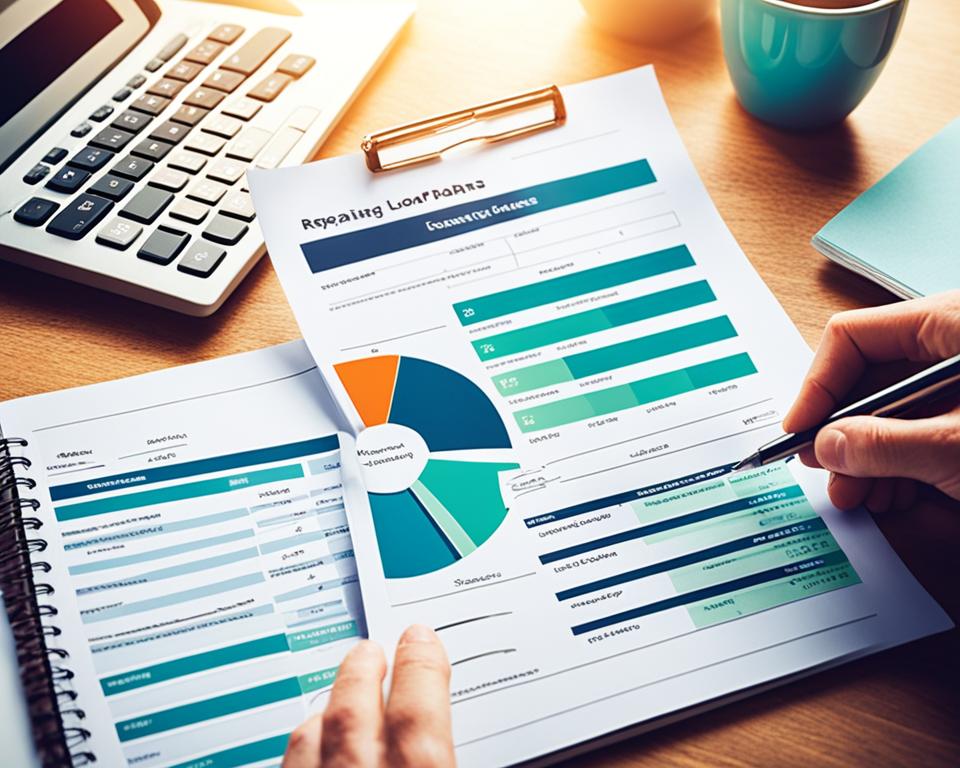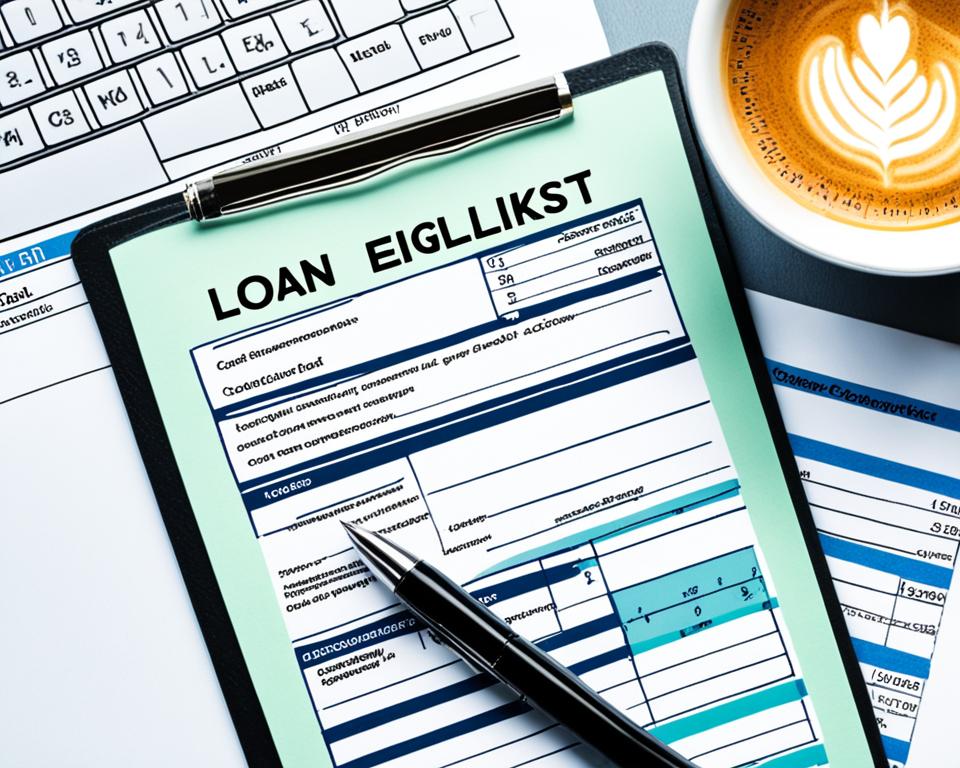Affordability of Your Dream Home
When it comes to purchasing your dream home, one of the most crucial factors to consider is affordability. Buying a house is a significant financial commitment, and it is essential to ensure that you can comfortably afford the monthly mortgage payments.
To determine your affordability, you need to consider your income, expenses, and debt-to-income ratio. It is advisable to have a clear understanding of your current financial situation and evaluate how much you can realistically afford to spend on housing expenses.
In addition to considering your income, it is crucial to factor in the importance of a down payment. A down payment is a lump sum payment made upfront when purchasing a home. It reduces the overall loan amount and demonstrates your commitment to the investment. The larger the down payment, the lower your monthly mortgage payments will be, making the home more affordable in the long run. Therefore, it is recommended to save diligently and set realistic savings goals to accumulate a substantial down payment for your dream home.
Importance of a Down Payment
Down payments play a crucial role in the process of homebuying. They are a significant upfront payment made by the buyer towards the total cost of the property. Not only does the down payment demonstrate to lenders that the buyer is committed to the purchase, but it also has a direct impact on the affordability of the dream home.
A substantial down payment offers several advantages. Firstly, it lowers the amount borrowed, which in turn reduces the monthly mortgage payments. This reduction can make a significant difference in the long run, allowing homeowners to have more flexibility with their finances. Additionally, a higher down payment may help secure a lower interest rate, resulting in even more savings over the life of the loan. By having a sizable down payment, buyers can also avoid paying for private mortgage insurance (PMI) if their down payment exceeds a certain percentage of the property’s value. Ultimately, a well-thought-out down payment sets the stage for a more manageable and financially secure homeownership journey.
Setting Realistic Savings Goals
Once you have made the decision to buy a home, the next step is to set realistic savings goals. Saving for a down payment is one of the most important aspects of buying a house. It is essential to determine how much you can afford to save each month towards your goal.
When setting savings goals, it is important to consider your income, expenses, and other financial obligations. Assess your current financial situation and identify areas where you can cut back on expenses. Creating a budget can help you track your spending and prioritize saving for your dream home. Additionally, it is crucial to be patient and stay consistent with your savings efforts. Setting realistic savings goals can help you stay on track and make your homeownership dream a reality.
Understanding Mortgage Options
One of the key aspects of buying a home is understanding the various mortgage options available to you. This knowledge will help you make an informed decision and choose the mortgage that best suits your financial situation and goals.
The most common types of mortgages are fixed-rate mortgages and adjustable-rate mortgages (ARMs). A fixed-rate mortgage offers a predictable monthly payment and interest rate that remains fixed throughout the loan term, typically 15 or 30 years. On the other hand, an ARM offers a lower initial interest rate for a specific period, usually 3, 5, 7, or 10 years, after which the rate adjusts periodically based on market conditions. Understanding the pros and cons of each type of mortgage can help you determine which one aligns better with your financial plans and preferences.
Considering Additional Homebuying Expenses
Once you’ve calculated the cost of your dream home and factored in the down payment, it’s important to remember that there are additional expenses associated with the homebuying process. These expenses can often be overlooked, but they play a significant role in the overall affordability of your new home.
One important expense to consider is the cost of home inspections. It’s highly recommended to have a professional inspection done to identify any potential issues with the property. Additionally, there may be appraisal fees, which are necessary to determine the market value of the home. Other potential expenses include closing costs, which can include attorney fees, title search fees, and insurance fees. It’s crucial to account for these additional expenses to avoid any financial surprises down the road.
The Role of Credit Score in Homebuying
When it comes to buying a home, your credit score plays a crucial role in the process. Lenders use your credit score to assess your creditworthiness and determine the interest rate they will offer you. A higher credit score indicates a lower risk for the lender, which can result in better loan terms for you. Therefore, it is essential to have a good credit score before embarking on the homebuying journey.
A good credit score not only helps you secure a mortgage loan but also has other benefits. It can influence your ability to qualify for certain loan programs, such as first-time homebuyer programs or special financing options. Additionally, a solid credit score can give you negotiating power with lenders, allowing you to obtain a lower interest rate or favorable terms. Therefore, it is crucial to maintain a good credit score by making timely payments, keeping your credit utilization low, and managing your debts effectively.
Saving for Closing Costs
Saving for closing costs is an essential step in the homebuying process. These costs often catch homebuyers off guard, as they can range from 2% to 5% of the purchase price of the home. It’s important to have a clear understanding of what these costs entail and to start saving for them early on.
One effective strategy to save for closing costs is to create a separate savings account specifically for this purpose. By setting aside a certain amount of money each month, you can steadily build up the funds needed to cover these expenses. It’s also recommended to research and compare different mortgage lenders, as closing costs can vary depending on the lender you choose. Additionally, keeping an eye out for any available first-time homebuyer programs or financial assistance options can help alleviate some of the burden of these costs.
Exploring First-Time Homebuyer Programs
First-time homebuyer programs are designed to assist individuals who are purchasing their first home. These programs can offer various benefits and incentives to help make homeownership more accessible and affordable. One common type of first-time homebuyer program is the down payment assistance program, which provides financial assistance to buyers who may have difficulty saving up for a down payment. These programs typically offer grants or low-interest loans that can be used towards the down payment, reducing the upfront cost of buying a home. Additionally, first-time homebuyer programs may offer favorable mortgage terms, such as lower interest rates or reduced closing costs, to help buyers save money in the long run. Exploring these programs and understanding the eligibility criteria can be a valuable step for those looking to enter the housing market for the first time.
Another type of first-time homebuyer program to consider is the homebuyer education program. These programs aim to educate buyers on the process of purchasing a home and the responsibilities that come with homeownership. By attending these courses or workshops, prospective buyers can gain valuable information and resources to help them make informed decisions throughout the homebuying process. These programs often cover topics such as budgeting, credit management, and understanding mortgage options, equipping buyers with the knowledge and skills necessary to navigate the complex world of real estate. In some cases, completing these education programs may even be a requirement to qualify for certain first-time homebuyer benefits or assistance programs. Taking advantage of these educational opportunities can empower first-time buyers and increase their chances of success in achieving their dream of homeownership.
The Importance of Emergency Funds
Having an emergency fund is an essential component of financial stability. Emergencies can strike at any time, whether it’s a medical expense, a sudden job loss, or a major home repair. Without an emergency fund, these unexpected expenses can quickly derail your financial progress and leave you scrambling to cover the costs.
An emergency fund serves as a safety net, providing you with a cushion to fall back on in times of crisis. It offers peace of mind, knowing that you have a financial buffer to weather unexpected storms. By having a dedicated fund for emergencies, you can avoid going into debt or having to dip into other savings that are earmarked for different purposes. It’s important to prioritize building an emergency fund so that when unforeseen circumstances arise, you are prepared and can face them with confidence.
Seeking Professional Financial Advice
When it comes to making major financial decisions, seeking professional advice can be highly beneficial. This certainly applies to the process of buying a home. An experienced financial advisor can provide valuable insight and guidance, helping you navigate through the complexities of homebuying. They can assess your financial situation, offer personalized recommendations, and help you understand the implications of different mortgage options. Working with a professional can give you peace of mind in knowing that you are making informed choices and taking steps towards achieving your homeownership goals.
Furthermore, a financial advisor can also help you create a comprehensive plan for reaching your homeownership goals. They can help you assess your current financial situation, analyze your income and expenses, and develop a realistic savings plan. By working with an advisor, you can set achievable savings goals and establish a timeline for when you will be able to afford your dream home. In addition, they can provide strategies to help you improve your credit score, which can have a significant impact on your ability to secure a favorable mortgage. With their expertise, a financial advisor can help you make the necessary financial adjustments and ensure that you are on the right track to make your homeownership dreams a reality.




